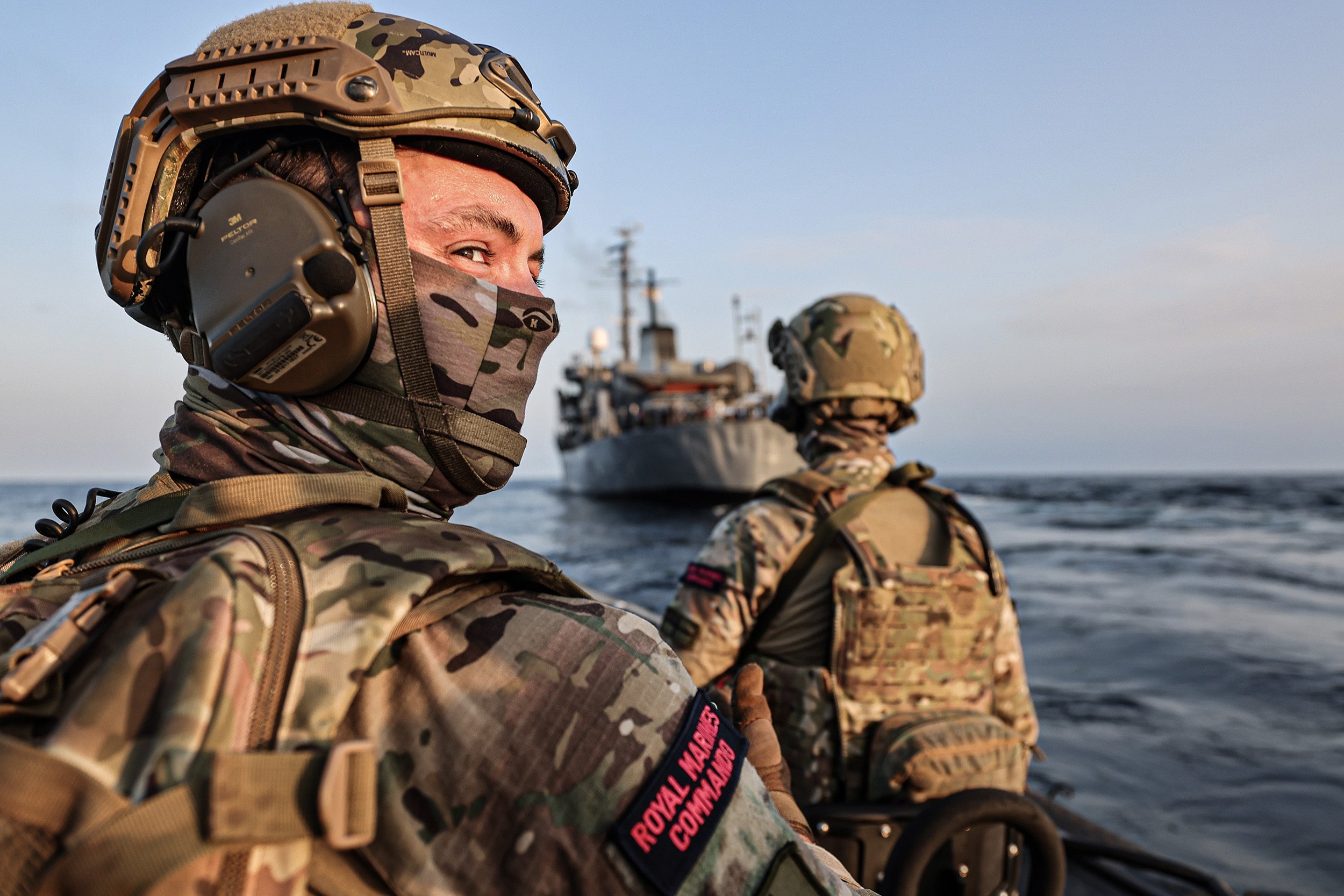Module Overview
This module aims to enable students to become self-aware and recognise different learning opportunities; how to reflect and action self-awareness. This will allow students to use emotional and social intelligence to understand their impact on others and consider the application to managing and leading others. Through both formal and informal reflection, based on a wide range of learning engagements, students can develop opportunities to evaluate behaviours, thoughts, attitudes, motivation, and desires.
Module Overview
A foundation of leadership and management within an organisation is effective communication at every level, and with a range of people. The aim of this module is to empower students to develop a range of communication and interpersonal skills necessary to communicate and engage effectively with others. This module will act as the foundation for the development of communications as a management skill.
Module Overview
This module acts as the first steps in the development of students into their role as leaders and managers. The module builds learning opportunities for students to progress through a series of simulations based on workplace activities. The first stage of their development is building the foundation blocks of the skills and attributes of leadership and management which is then progressed through advanced application to more complex and challenging leadership and management roles.
Module Overview
Underpinning the role of effective management is the utilisation of resources to complete objectives. For the manager, resources act as the tools needed to develop the transformation of concepts into operational practise. This module acts as the foundation point for the development of the use of resources to support the leader and manager in achieving their aims and objectives.

